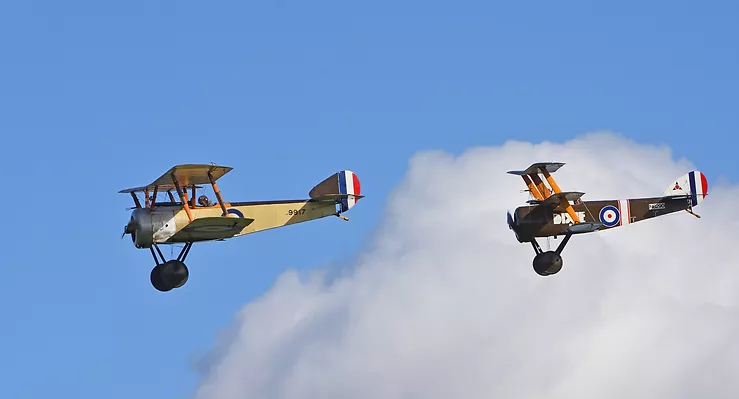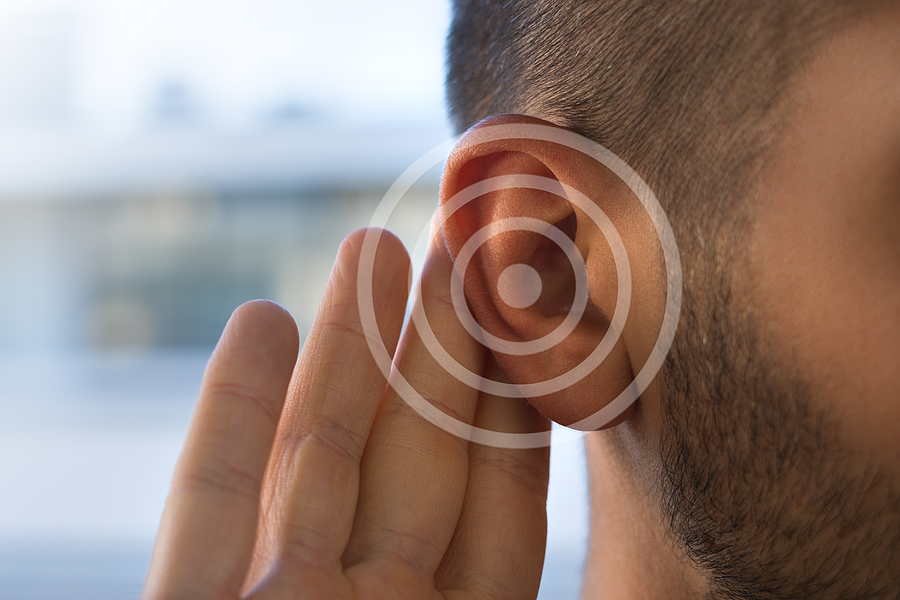What is the real value in having a pilot be your doctor? The prevailing fear of both the AME and the FAA are unexplainable concepts to a non-pilot. But for all those who have “slipped the surly bonds of Earth and danced the skies on laughter-silvered wings [1]” we will be forever fearful of any organization with the authority to clip our wings.
Military pilots learn this fear during their initial physicals prior to the commencement of flight training. Civilian pilots learn it first from their flight instructors and then from the AME themselves when they are seeking their very first 3rd class certificate. Regardless of your initiation into the club, if you have earned your wings, you know to fear the flight doctor. As my business partner, Dan mentioned in our inaugural post, the best you can do is break even during an aviation medical exam.
There is a reason that the American medical system of the previous century was based around the hometown doc. Back then we wanted a doctor that we knew. We wanted a doctor that knew us. We expected our doctors to be pillars of our community. We expected them to know our occupations, our stresses, our homes, and our families. Years ago, we expected our doctors to consider both our medical concerns and how those concerns impacted our lives and our livelihoods. Somewhere along the way, we as a society altered our expectations, and medicine morphed into what we have today.
As a group, pilots are smart, independent, and daring people. We are different from everyone else, and we know it. How can some doctor that has never done anything other than fly in the cabin of a commercial jet possibly know what it takes to do what you do? The answer is they can’t, and it is unreasonable to expect them to. They understand the rules the FAA has published, and they can make appropriate dispositions based on what they are reading. They follow the rules and are generally conservative in their interpretations of them. And that is ok. In fact, I think it is a good thing. It’s better to err on the side of caution, especially when you don’t really understand the nature of the problem.
I trust my doctor friends but when it comes to my medical clearance, I trust my pilot-doctor friends the most. When I have a personal health concern related to flying, either Dan and Keith are my first call. I learned this lesson while I was seeking medical care at an Air Force medical facility about 13 years ago. During my interactions with the doctor, I realized that I was getting a different level of care than what I was accustomed to. He was better able to relate to me and what I was going through. He actually sat down, looked me in the eyes, and listened to what I had to say. You find doctors that do this from time to time but not nearly often enough. At the end of the visit, after all of my questions had been answered and I understood my diagnosis, and prognosis and that I was still safe to fly, I jokingly told the doctor that he must have been a pilot in his previous life. He smiled and told me he was. He was a US Army helicopter pilot before he became a doctor in the Air Force.
Since that time, I have encountered many other doctors that were professional pilots (many from the military) prior to attending medical school. Every aviator-physician I have ever encountered has been outstanding. The thing that really makes them stand out is that they aren’t really doctors. They are pilots with medical degrees. They are experts in their fields, they know the science, and they know the medicine, but they still think like aviators. They look at the world, the patient, the disease, and the treatment from a slightly different perspective. One that can only be gained from a life of experiences beyond medical education. This is why I only trust my fellow pilots when it comes to my medical certificate. No one else really gets it.
As you have probably ascertained from our website, Wingman Medical does not provide medical treatment. We are in the business of advocating for your certificate with the FAA. Sometimes, you have some work to do before you are safe to fly. Some examples of conditions that could require work on your part are blood pressure, diabetes, or radiculopathy. And while not every AME is also a pilot, some are. And you also need quality primary care. And while not all of them are pilots, the old style hometown doc is making a resurgence in the way of Direct Primary Care. Imagine if you had a primary care doctor who was a pilot and the same for your AME.
Reference:
[1] J. Gillespie Magee, “High flight,” 14-Feb-2017. [Online]. Available: https://nationalpoetryday.co.uk/poem/high-flight/. [Accessed: 09-May-2021].





